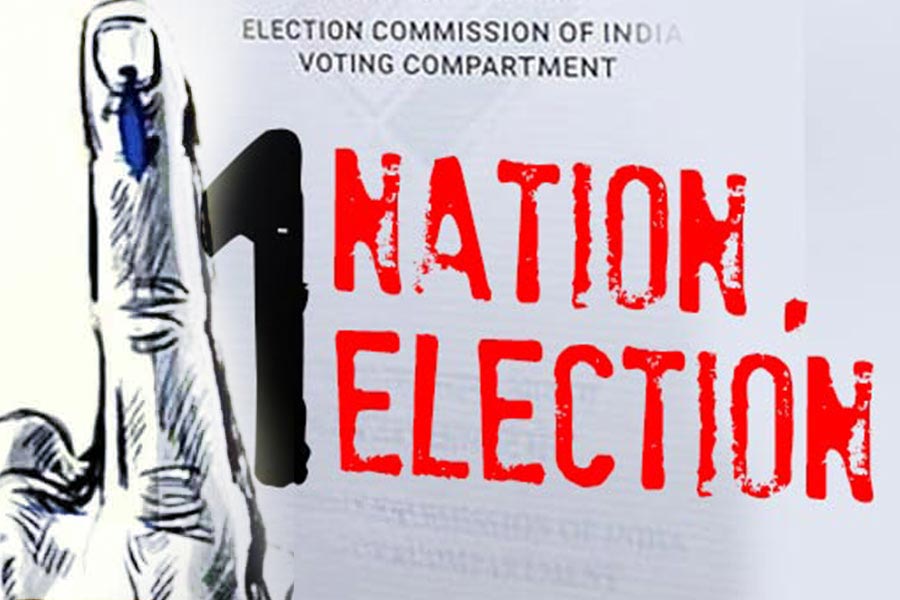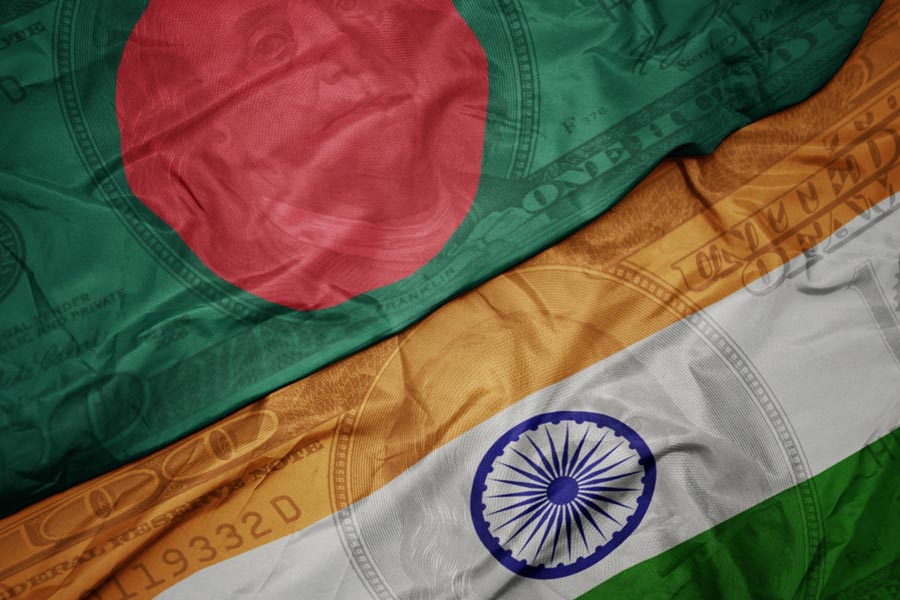As bills on ‘one nation, one election’ were referred to a joint committee of Parliament, with references to instances of synchronised elections in the past, legislative department secretary Rajiv Mani and minister of law and justice Arjun Ram Meghwal were quick to defend simultaneous polls. At equal pace, the ruling party in Tamil Nadu chastised the move.
In the first meeting of the joint committee, Mani said on Saturday: “The biggest allegation they [those against one nation, one election] make is that it is against the federal structure”.
Since general elections to the Lok Sabha and State Assemblies were held together in 1951-52, 1957 and 1962, Mani argued that ‘one nation, one election’ could not tell upon the federal structure of India.
Premature dissolutions and term extensions evidently disrupted the cycle of synchronised elections and led to the current format of staggered electoral schedules across the country.
But at one with Mani, the minister of law and justice Arjun Ram Meghwal claimed that simultaneous polls would rather contribute to good governance and expeditious development.
“If someone is opposing it [simultaneous polls], then they are doing it for political reasons," he stated.
“How will it [simultaneous polls] be bad [for federal structure]?” wondered Mani.
While the joint committee of Parliament took bills on simultaneous polls into consideration, DMK legal wing’s third state conference discussed the topic ‘one nation, one election’ too.
Unlike Mani and Meghwa, DMK senior and Tamil Nadu Forests Minister K Ponmudy branded the move as “unconstitutional”, claiming it was “being brought with a political motive”.
There would be a panel discussion on the 'one nation, one election' initiative of the Centre. Senior advocate Kapil Sibal, former CEC S. Y. Quraishi, and senior journalist N. Ram would take part in it, the ruling party of Tamil Nadu announced.











